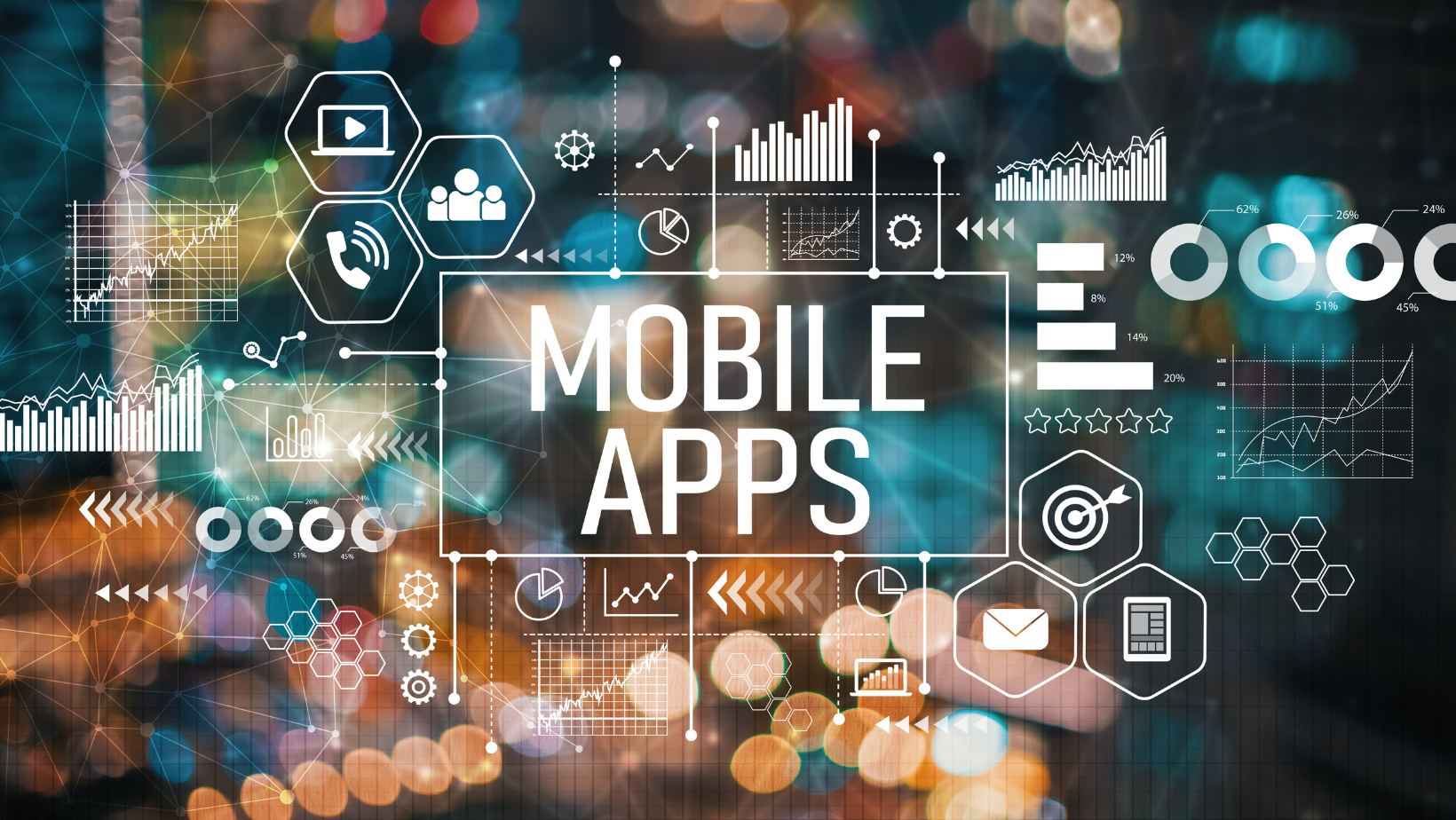In today’s fast-paced digital world, mobile app development continues to evolve at a rapid pace. From innovative technologies to shifting user behaviors, staying updated with the latest trends is crucial for developers and businesses alike. Let’s delve into the current trends shaping the mobile app development landscape.
1. Increased Adoption of Cross-Platform Development
With the demand for apps on multiple platforms, cross-platform development frameworks like Flutter and React Native have gained popularity. These frameworks allow developers to write code once and deploy it across iOS and Android, saving time and resources.
2. Embracing 5G Technology
The rollout of 5G networks is revolutionizing mobile app experiences. Developers are leveraging the high-speed, low-latency capabilities of 5G to create immersive AR/VR apps, real-time multiplayer games, and streaming services with seamless performance.
3. Focus on User Privacy and Data Security
In light of stringent data protection regulations and increasing cybersecurity threats, mobile app developers are prioritizing user privacy and data security. Implementing robust encryption, secure authentication methods, and transparent data handling practices are becoming standard.
4. Rise of Artificial Intelligence and Machine Learning
AI and ML technologies are transforming mobile apps by enabling personalized experiences, predictive analytics, and automation. Chatbots, virtual assistants, and AI-driven recommendations are enhancing user engagement and satisfaction.
5. Integration of Augmented Reality (AR) and Virtual Reality (VR)
AR and VR are no longer limited to gaming apps. They are being integrated into various industries, such as retail (virtual try-on experiences), education (immersive learning), and healthcare (virtual consultations), enhancing user interactions and brand engagement.
6. Progressive Web Apps (PWAs) for Enhanced Web Experiences
PWAs combine the best of web and mobile app functionalities, offering fast loading times, offline access, and push notifications. Businesses are adopting PWAs to deliver seamless experiences across devices without the need for app store downloads.
7. Voice-Enabled Applications
The popularity of voice assistants like Siri, Alexa, and Google Assistant has led to the development of voice-enabled mobile apps. From voice search and commands to voice-controlled smart home integrations, voice technology is reshaping how users interact with apps.
8. In-App Purchases and Monetization Strategies
Developers are exploring innovative monetization models such as freemium, in-app purchases, subscriptions, and rewarded ads to generate revenue from their apps. Personalized pricing strategies and targeted promotions are enhancing user conversion rates.
9. Internet of Things (IoT) Integration
The convergence of mobile apps and IoT devices is creating interconnected ecosystems. Apps that control smart home devices, wearable technology, and industrial IoT solutions are becoming more prevalent, offering convenience and efficiency to users.
10. Accessibility and Inclusivity Features
Ensuring that mobile apps are accessible to users with disabilities is gaining importance. Developers are incorporating features such as screen readers, voice commands, and adjustable font sizes to make apps inclusive and compliant with accessibility standards.
11. Sustainability and Green Initiatives
With growing environmental awareness, mobile app developers are focusing on sustainability. Optimizing app performance to reduce energy consumption, implementing eco-friendly design practices, and promoting digital sustainability are emerging trends.
12. Blockchain and Cryptocurrency Integration
Blockchain technology is being explored for secure transactions, decentralized apps (dApps), and tokenized assets within mobile apps. Cryptocurrency wallets, NFT marketplaces, and blockchain-based identity verification are areas of innovation.
13. Real-Time Collaboration Tools
The shift towards remote work has led to the development of mobile apps that facilitate real-time collaboration, video conferencing, project management, and file sharing. These apps empower teams to work efficiently from anywhere.
14. Gamification for Engagement
Integrating gamification elements such as badges, leaderboards, and rewards into mobile apps enhances user engagement and retention. Gamified learning apps, fitness trackers, and loyalty programs are leveraging gamification strategies.
15. Continuous Integration and DevOps Practices
To accelerate app development cycles and ensure quality, developers are adopting continuous integration (CI) and DevOps practices. Automated testing, code versioning, and seamless deployment pipelines are essential for rapid and reliable app delivery.
In conclusion, staying abreast of these current trends in mobile app development is essential for developers, businesses, and users alike. Embracing innovative technologies, prioritizing user experience and security, and adapting to evolving market demands are key factors driving success in the dynamic mobile app landscape.



